The beginning of the new millennium was duly celebrated at The Forks in Winnipeg. By midnight it was exceedingly cold with a north wind blowing directly from the arctic; the fireworks were cancelled because the wind was blowing bits of burning paper into the crowd. All the worry about computers crashing and the lights going out with the start of the new year proved to be baseless.
In September 2000, Justin Trudeau delivered a moving eulogy at the funeral of his father Pierre Elliott Trudeau. Lloyd Axworthy retired from politics that same month, and in 2004 began a new career as President of the University of Winnipeg.
In 2000, Israel Asper and Conrad Black merged their organizations, Canwest Global and Hollinger. Asper made an incredibly generous $10 million gift to The Foundation in 2001, and in 2004 The Foundation would make the largest grant in its history – $6 million – to help realize Asper’s vision of creating a museum for human rights. By the end of the decade, however, Canwest Global was bankrupt.
On Main Street, Thunderbird House was opened in March 2000. It was a centre for Indigenous spirituality and called “a symbol of inner-city hope.”
The Sept. 11, 2001 terrorist attacks brought down the Twin Towers in New York, and part of the Pentagon in Virginia. Heightened security and anxiety over air travel continue to this day, as do increased anti-Muslim hate crimes. The war in Afghanistan began less than a month after 9/11 and has yet to end.
Graduated driver’s licenses were introduced by the province in 2001. Novice drivers who had just passed their tests would not be allowed to drive by themselves for one year.
In 2003, The Weakerthans released their album Reconstruction Site. The song One Great City, which includes the line “I hate Winnipeg,” became a rallying cry for those who at once loathe and defend our city.
In 2008, Brian Sinclair, an Indigenous man, died of a treatable infection after waiting 34 hours for medical attention at the Health Sciences Centre. His death drew widespread attention to racism and the state of healthcare in Canada.
In 2009, the Red River flooded in North Dakota and Manitoba. Ice jams in the river contributed to the second worst flooding in 150 years. Winnipeg was largely spared because of the Floodway, but areas north of the city were under water.
In May 2009, Faron Hall, a man experiencing homelessness, jumped into the Red River to save a teenage boy from drowning. In September of that same year, Hall rescued a second person from the river. He was a hero in Winnipeg for his brave act and received the Mayor’s Medal of Valour. Hall struggled with drug and alcohol addiction, and his body was pulled from the Red River in 2014. The Faron Hall National Fund for the Homeless was established at The Foundation in his memory. The fund supports charities across the country that provide programming to those experiencing homelessness.
Philip Lee was appointed as Lieutenant Governor in 2009. He was the first person of Asian origin to hold the position.
Premier Gary Doer was appointed Canadian Ambassador to Washington in 2009. Greg Selinger and Steve Ashton competed to be his replacement – a competition Selinger won.
That same year, Canadian astronauts Julie Payette and Robert Thirsk completed a rendezvous in outer space. Payette would go on to be named Governor General in 2017.
In October 2009, the H1N1 pandemic was at its height in Winnipeg and thousands of people lined up to get vaccinated.


